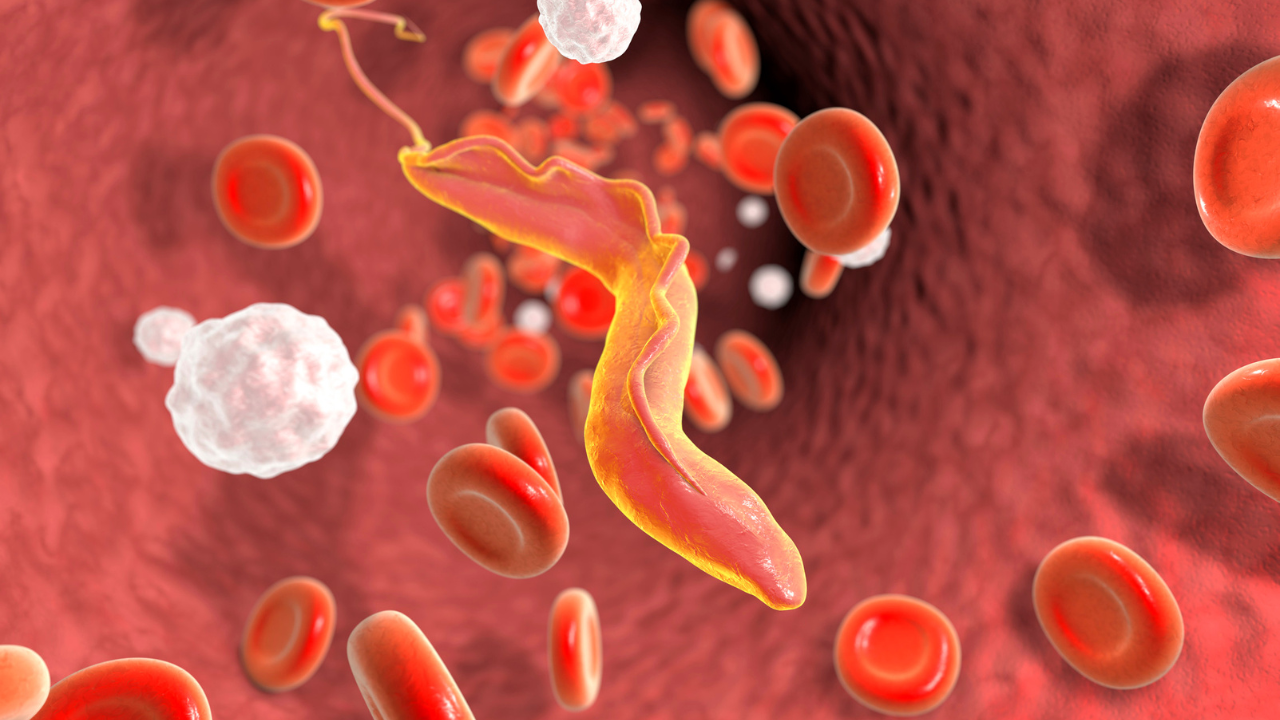
Hidden Root Causes of Pan-natal® Dysfunction Part 1: Parasites That Live In Humans

Remember: this post is for informational purposes only and may not be the best fit for you and your personal situation. It shall not be construed as medical advice. The information and education provided here is not intended or implied to supplement or replace professional medical treatment, advice, and/or diagnosis. Always check with your own physician or medical professional before trying or implementing any information read here.
You tested your hormones. You analyzed your hair for minerals and toxic metals. You gave up gluten and supplemented with zinc—and made your husband take it, too.
You got acupuncture, swallowed herbs, and reduced stress. You’ve done everything you know to do, and you still can’t get pregnant.
This six-part blog series will focus on often overlooked root causes of pan-natal difficulties, such as infertility, anemia during pregnancy, and postpartum and lactation challenges. You’ll discover well-researched but not widely discussed reasons for these common struggles, along with practical solutions for how to take charge of your reproductive journey.
Do Parasites That Live In Humans Cause Infertility?
You’ve worked so hard to get pregnant, but have you (and your partner) considered that parasites that live in humans may be the problem?
Most people never think parasites are the underlying reason for infertility, but they are a widespread public health problem.
Yes, even in first-world countries such as the United States.

The most well-known connection between parasites and reproduction is Toxoplasma gondii, a microscopic, protozoan parasite that can lead to infection and miscarriage. Pregnant people are cautioned against eating undercooked meat or cleaning out the kitty litter box to avoid toxoplasmosis.
However, T. gondii can also be a root cause of the inability to get pregnant. In women, infertility has been linked to infection with toxoplasmosis, even when no symptoms are present. And in men, infection may cause problems with sperm count and motility—the number of sperm and their ability to move around.
Unfortunately, T. gondii isn’t the only parasitic culprit. Over 3.7 million people in the U.S. test positive for trichomoniasis, a sexually transmitted infection caused by Trichomonas vaginalis. Commonly called “trich,” this disease can lead to problems with pregnancy and increase the risk of other STIs.
In one study, T. vaginalis was found over five times more often in infertile women versus women without reproductive difficulties. And it affects men, too. Negative changes in the movement, shape, and function of semen from men with T. vaginalis have been reported. Amazingly, the men were unaware of the infection.

Other human parasites such as blood flukes, hookworms, and general amoebic and helminth infections can also lead to fertility problems. And difficulties can extend to breastfeeding, as well. Mastitis and damage to the mammary glands have been reported in animal studies.
So, parasites are causing big problems. But what is the solution?
Solutions for Parasites and Infertility
First, be aware of any symptoms that could be related to parasites. The most common signs of parasitic infection are digestive distress, such as nausea, bloating, cramping, and diarrhea. Weight loss, swollen lymph nodes, or skin symptoms such as rashes and itching can also occur.
There are less common indicators, too. Grinding your teeth at night, bizarre or vivid dreams, and anal itching are largely unrecognized clues that parasites are a problem. If you have any inkling that you are hosting a parasite, complete my “Are You Sure It’s Not Parasites?” checklist. This quick quiz will give you a more in-depth view of whether a parasitic infection is likely or not.

Next, consider a gentle protocol to begin preparing for parasite release. Whether or not you have parasites, this process is a fantastic way to get rid of stuff you don’t want in your body during the pan-natal years, like toxic metals and pesticides. Remember, simple steps can make an enormous difference.
Start by increasing clean water intake and getting hydrated, eating one to two new fruits and vegetables per week, and incorporating fun movement into your life. You need to be sweating, moving, pooping, and sleeping like a champ before any parasite detoxification can occur!
Finally, don’t lose hope. Remember, fertility is complex. It’s my passion to give you keys that others miss, and this blog series will cover many informative, pan-natal subjects so you have what you need to take action. If you need more support, contact me. I’m here to help.

